Empowering Your Dollars to Change the World
The Traditional Investor Mindset – Profitable Blind Faith
First things first – before your investment dollars can change a single thing, you simply must know where your money is going.
Sure, you may have some money invested, and it may be delivering steady returns, but many investors don’t know or even know to ask their financial advisor a few crucial questions: what companies am I supporting with my investments and do those companies’ values align with mine?
Investing today is different than it was even 10 years ago. In the past, evaluating companies and investments was all about profits, and to a degree it still is. 401Ks, IRAs, and other taxable savings accounts continue to be the most common ways people grow wealth, but the majority of these investors have no idea what they really own. And that’s fine if you only care about profits, but with a growing emphasis being placed on values-based investing and companies now rated on non-financial factors … that’s changing fast. Simply put, valuation is based on more than profits.
Historically for investors, the bottom line meant only one thing – profits. After years of working in the finance industry, I learned of ‘the triple bottom line,’ a burgeoning investment strategy that utilized a full societal cost-benefit analysis by adding two more “bottom lines” (social and environmental impact) to the equation. It was then that I realized my money could do more than just meet ratios – it could change the world.
Investor Motivation: Seeing is Believing
As my investment philosophy and career shifted, I was eager to begin positively impacting the world with my investments. But first, I needed to know the impact of my current investments.
Sure, they were “good” investments that were making money, but the companies I was supporting were not good for the world or many of the humans we share it with. I was determined to revamp my portfolio with not only “good” financial investments that produce steady returns, but also “GOOD” overall investments that aligned with my values and vision for a more humane and sustainable future.
For nearly 20 years, clients have been coming to Earth Equity Advisors with the intention of transitioning from traditional investments to a Sustainable, Responsible, and Impact (SRI) portfolio. One of the most common things we hear: “I’m not sure what’s in my current portfolio.”
Most investors own mutual funds or exchange-traded funds (ETFs) which are made up of other investments such as stocks and bonds. The problem is that it’s not easy to see what companies you are actually supporting with your dollars.
Values, Intentionality & Impact: good vs. GOOD investments
But it’s not the fault of traditional investors to not know or not be able to figure out what they own – it’s the traditional investment model that’s to blame. It is very hard to know if you own fossil fuel companies, tobacco companies, or weapons manufacturers without an intentional process to “look under the hood.” This analysis is very challenging to do without guidance.
Yesterday’s definition of “good” is not the same as today’s, yet many investing algorithms haven’t been updated. Achieving unrivaled primacy in the 1980s, our old economy was driven by principles of market supremacy, deregulation, free-trade, globalism, a reduced role for government, and a sole focus on economic growth. This model succeeded in driving economic prosperity for some, but it also drastically increased inequality and destroyed our planet.
Currently, most large investment firms are still reliant on investing algorithms that don’t exclude negatively impactful companies. Instead, mutual funds and portfolios are required to analyze and choose from every publicly-traded company filtered by traditional financial ratios, especially profit. Sadly, because fossil fuel companies have historically accounted for such a large portion of the overall market, they’re still a large percentage of today’s selection pool.
While many big investment firms are now jumping on the SRI bandwagon, they do not completely exclude negative impact companies such as fossil fuels or weapons manufacturers. So even though they do give you the ability to own a few GOOD holdings, your portfolio will still be comprised of traditionally “good” investments overall. To get rid of the bad stuff, quite frankly … you have to be intentional.
The traditional investment model isn’t wrong per se, it just wasn’t designed to see or forecast the entire picture, which is a must in today’s climate, literally. With profits rightfully remaining the main motivator for investors, the traditional model will continue to serve as the foundation of any investment strategy, but where “good” investments become “GOOD” investments is when they also consider social and environmental aspects. And it’s imperative that today’s investors pay close attention to these factors and give them almost equal weight during evaluation.
The Next Economy – Living the GOOD Life
Although not completely, we are now living in ‘the next economy’ – an economic climate that places the social foundation of a good life (e.g., quality education, health, food, water, energy) and our planet’s future at its core. If the investors of today and tomorrow continue to pay close attention to these factors, we can create an economy built to reward our planet with a sustainable future and those who invest in it … a sustainable legacy. The concept of Next Economy was created by our friends at Green Alpha Advisors, and you can read more about it here.
So, rather than simply excluding companies that we know we don’t want to own, we take it one step further and ask ourselves: What DO we want to own? As one of the Southeast’s first SRI-only investment firms, and with the broadest access to rigorously screened Sustainable, Responsible, and Impact investing opportunities, Earth Equity is poised to cultivate and empower a community of all generations to grow personal wealth and make a positive impact for our planet, our society, and our future. Read more about our investment philosophy.
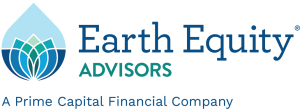
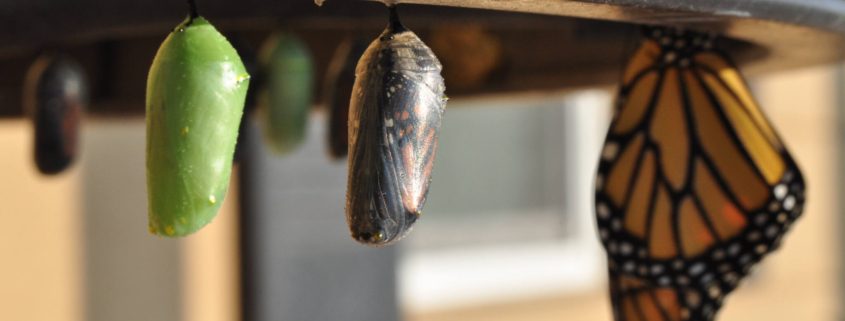
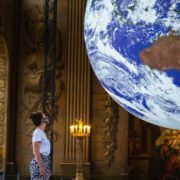 ZUMA PRESS
ZUMA PRESS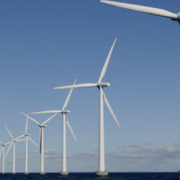
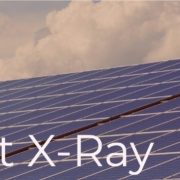
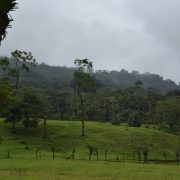



 ZUMA PRESS
ZUMA PRESS